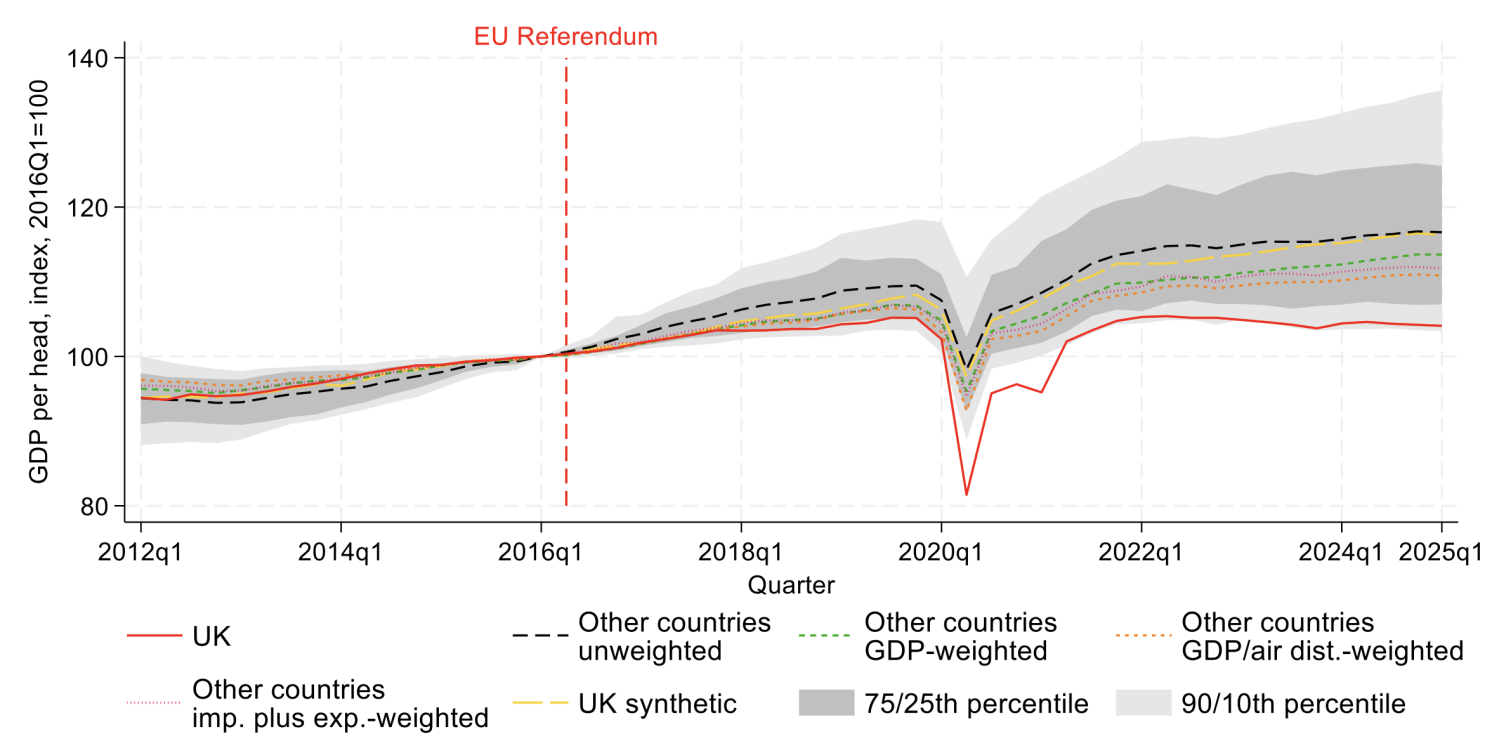One of the most important insurance covers to be taken by the salaried and the self-employed alike is the term plan, as it protects your goals even if you aren’t around.
A regular term insurance policy is straightforward. You pay a fixed premium over a period of time — usually through your work life or till all goals are accomplished. If you survive the period of premium payment, you get nothing. But if something unfortunate were to happen to you, your nominee would get the sum assured.
A variant, and a bit more comprehensive version of the regular term insurance policy, is the joint life term plan or a spouse term plan.
You can cover your working or homemaker spouse, too, with the joint term plan, with varying or shared sum assured. And there are a few sub-options with this cover as well.
Read on to know more about joint term insurance cover and whether you should opt for one.
Spreading the cover
As mentioned earlier, the joint term life covers both the husband and the wife within one policy. Now, the main policyholder should be an earning member. The other holder may be a working person or a homemaker.
The insurance company decides to issue the policy based mostly on the merits — age, income, lifestyle, health etc — of the first or main policyholder.
There are two variants in the joint term plan. The first is where the sum assured is different for both the spouses.
Usually, the main policyholder would be allowed to take a policy with a higher sum assured. The secondary holder would be eligible for a cover of the same amount, or 50 per cent or 25 per cent of the sum assured of the primary policyholder.
For example, if the primary policyholder takes a policy for ₹1 crore, the other holder would be eligible for a coverage of ₹1 crore or ₹50 lakh or ₹25 lakh.
Let’s say we have a policy with ₹1 crore for the primary policyholder and ₹50 lakh for the secondary policyholder running for a period of 35 years. If the primary policyholder were to die during the twentieth year, the secondary policyholder would get ₹1 crore and the policy would continue to run till 35-year period is complete. In case the secondary policyholder survives the policy period, nothing further would be payable and the policy will end. However, if, say, the secondary policyholder dies in, say, the thirtieth year of the policy, the nominee would get ₹50 lakh.
Then there is the option where the sum assured in the joint term insurance policy is shared. In this plan, both policyholders are treated similarly.
Let’s say a ₹2 crore joint term policy is taken by a husband and wife for a 40-year period. In case both survive the 40-year premium payment period, there would be nothing payable and the policy would be closed. However, if one of them dies in, say, the tenth year of the policy, the other holder would be paid ₹2 crore and the policy would no longer exist after the payment. In case both die, the sum assured is passed on to the nominee.
Should you go for it?
Many insurers, such as PNB Metlife, Aditya Birla Sun Life Insurance, Bajaj Allianz Life, Edelweiss Tokio and ICICI Prudential Life offer such joint life term policies.
In terms of premiums paid, the rate would probably work out cheaper by a few hundreds or more compared to taking separate term policies.
But there are specific instances when taking a joint cover would be helpful.
For example, if both spouses are of almost the same age, work in the same industry, share a similar lifestyle, then a joint policy with a large sum assured would be useful, and maintaining the policy would be simpler as only one cover needs to be taken. Also, a significant discount in premium could be possible.
Another key aspect where the joint life term insurance is helpful is in covering homemaker spouses or even those who had to quit workforce to raise children, take care of family affairs and so on, which would otherwise have been challenging.
A key aspect of joint term insurance is that if one of the policyholders dies, the policy still continues. Some insurers even offer a waiver of premium option at this juncture.
For spouses with considerable age difference, completely different work cultures and lifestyles, it may be better to go for separate term policies.







































